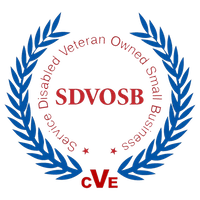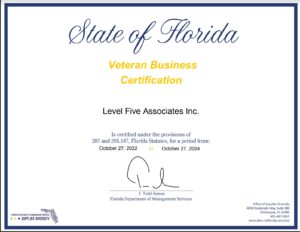“People buy into the leader before they buy into the vision.” John C. Maxwell
Who’s the leader you admire most? Why does he or she stand out in your mind? Have you ever tried to describe that person to others? Do you strive to emulate the characteristics you admire most? Is it easy?
As leaders, why don’t we ask these questions of ourselves? Is it because we might seem weak if we did? We would argue that you can’t truly reflect on who you are and what you want to become without asking hard questions. By going through this process you will discover your key challenges and growth areas.
In the Army, we were constantly around other leaders who were, consciously or unconsciously, setting an example for us. Some were positive and others were not. However, most all of our fellow leaders had some qualities we tried to emulate. A few leaders really stood out, too. Over time we began to understand why.
Later in our careers we transitioned into the corporate world and we found civilian leaders who stood out. These leaders also embodied the enduring qualities we had noted in our military role models. We concluded that these qualities are universal, and the key to effective leadership.
In going from the military to the corporate world, we’ve seen leadership across all areas. But, what are the qualities that make for a great leader – in any field, across all areas, regardless of the context of their industry or profession?
Here are those qualities that make for great leadership across all areas — We call them The Big Six® Leadership Principles. They are the core competencies of the leaders we want to be. Every day we recommit to living these principles.
- Set the Azimuth: Great leaders give their teams focus and direction through establishing a clear mission statement, leaders’ intent, values, and culture.
- Listen: The best leaders practice active listening with individuals, teams, and across the organization. They epitomize treating people with dignity and respect. When they turn to you in conversation, it’s as if there is no one else in the room.
- Trust and Empower: Trust is the greatest measure of respect. It’s the only way you truly empower others to reach their full potential. Level Five leaders grow leaders, not followers. The leaders we respect the most use mistakes as teachable moments, and place decisions where they belong.
- Do the Right Thing When No One is Looking: The men and women we admire most live their values. Among these leaders, there is no daylight between “says” and “does.”
- When in Charge, Take Charge: Our leader role models seek out tough problems, and hard challenges. They hold themselves accountable, and hold their peers accountable as well.
- Balance: The best leaders develop and nurture energy in themselves and their teams – physical, emotional, spiritual, and mental. For them, it’s not about time, it’s about energy. People want to be on their teams because they understand the essence of balance in their lives and grow the same environment in their teams.
Who is the leader you admire most? How do you describe him or her? Who do you want to be? It’s well worth asking – and answering – these questions.
So let’s get started. Set aside time to reflect on who you are and where you want to go on your personal leadership journey. Invest in leadership development, for you and your teams. Conduct surveys in your team and across your organization to see how people perceive you and your leaders. Then, commit to do something with the results. Let us know if we can help, too. You’ll see immediate benefits in morale, engagement and commitment.
Enjoy the journey!





